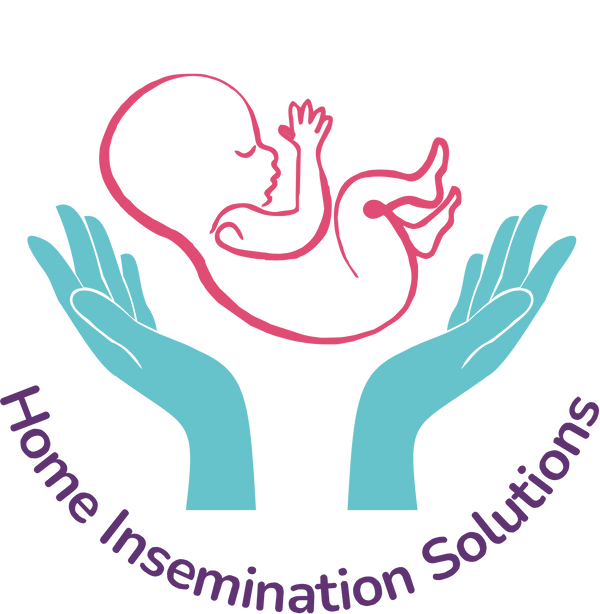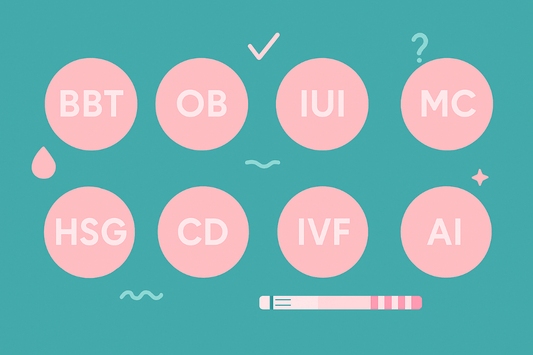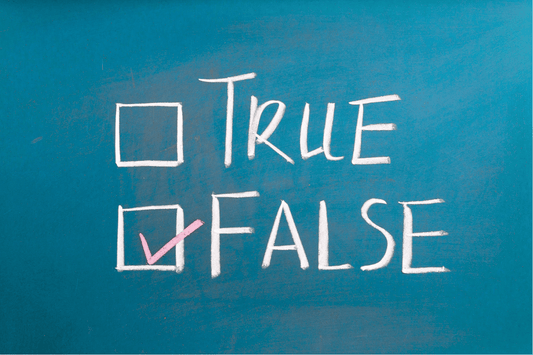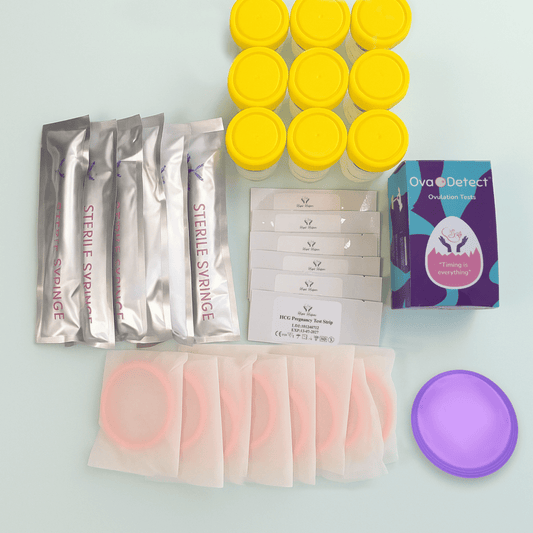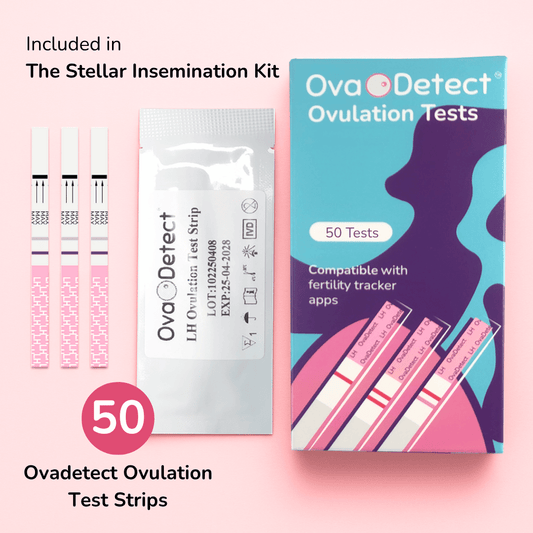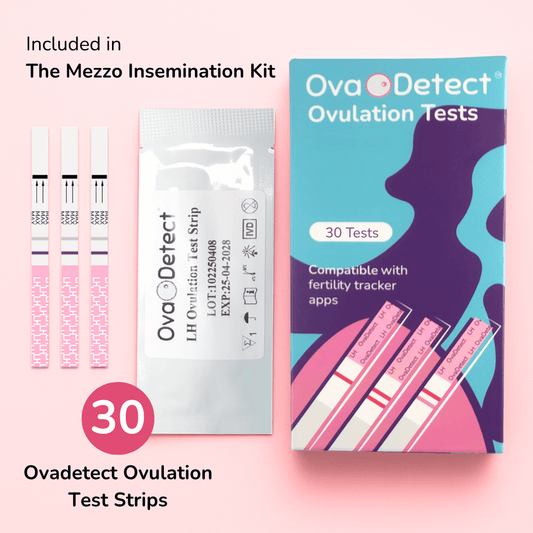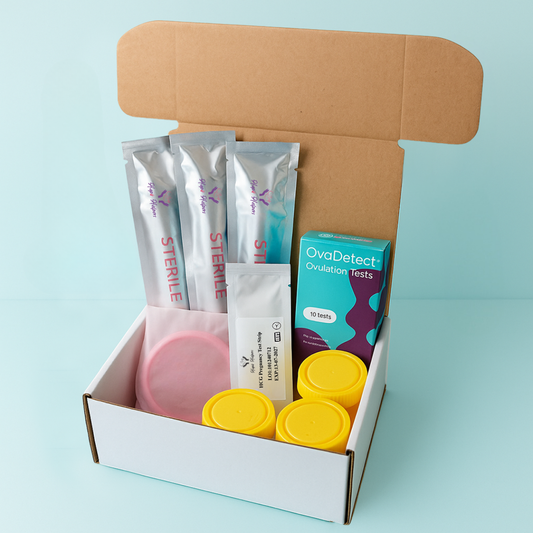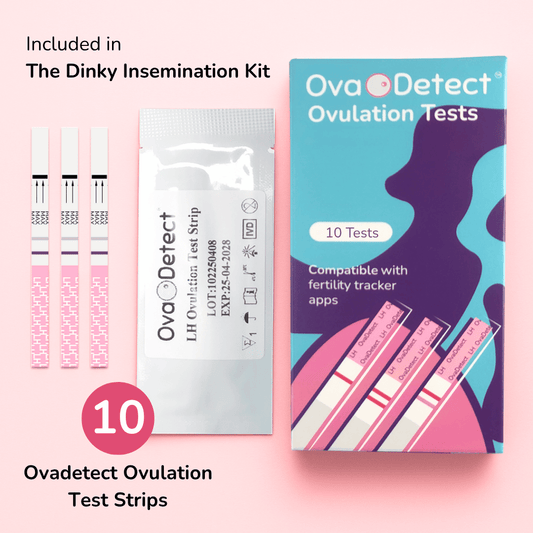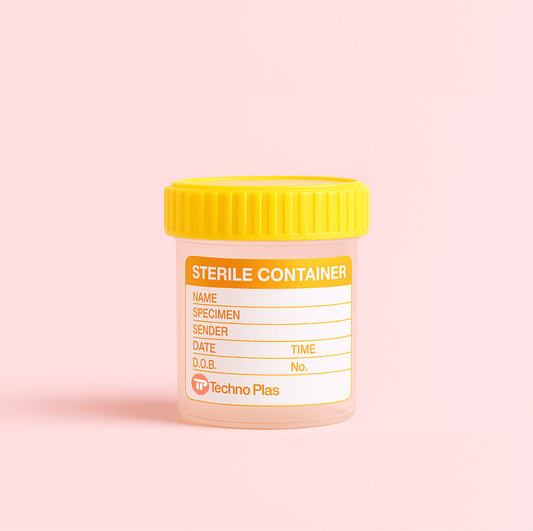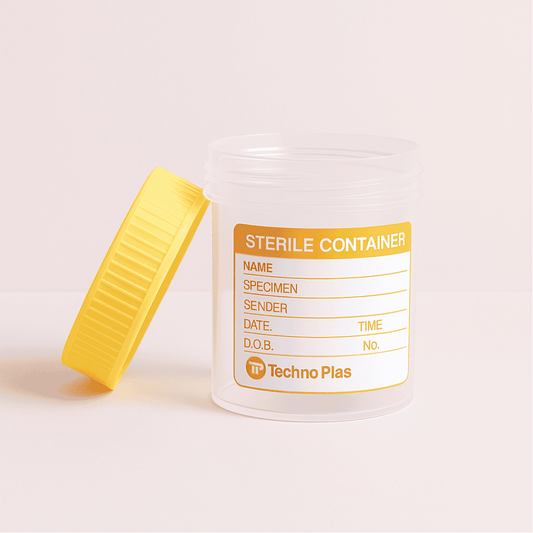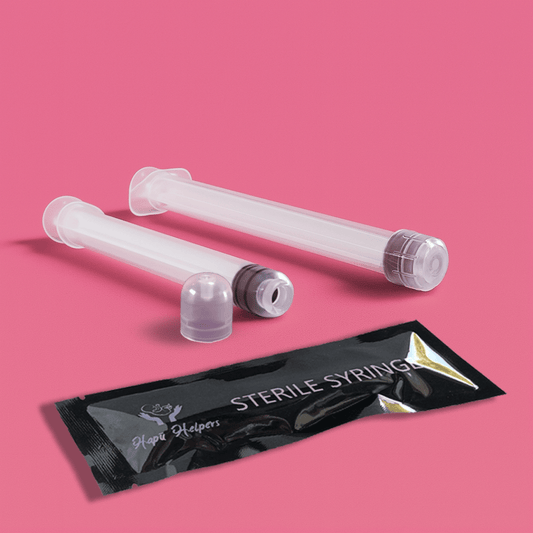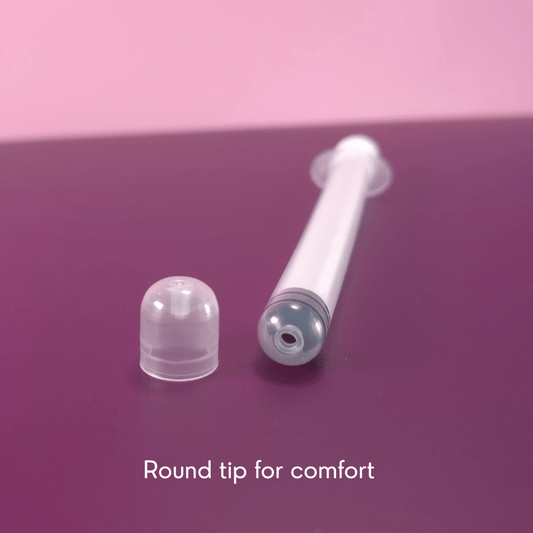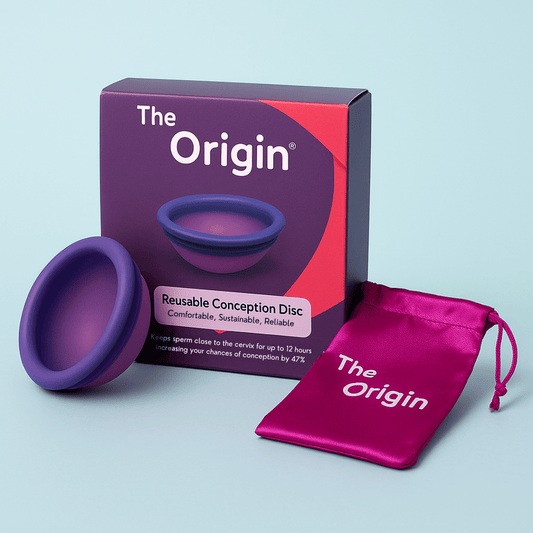Donor legalities, contracts, and donor avenues to explore
Choosing a sperm donor isn’t just a personal decision — it’s also a legal one. Whether you're exploring known donors, sperm banks, or online platforms, it's essential to understand your rights, your donor’s rights, and how to protect everyone involved. In this blog, we break down the legal side of donor arrangements, the importance of contracts, and the different donor avenues available to help you make informed, empowered choices on your path to parenthood.

Sperm Donor Rights in South Africa: What You Need to Know
Navigating the landscape of sperm donation in South Africa involves understanding the legal, ethical, and procedural aspects that protect all parties involved. South African legislation clearly outlines the rights of sperm donors, the limitations on usage, and the process for acquiring and registering donor-conceived children.
Legal Framework Governing Sperm Donation
Children’s Act 38 of 2005
No Parental Rights: Sperm donors are not considered legal parents and have no rights or responsibilities toward donor-conceived children.
Sections 40 & 41: No legal relationship exists between the donor and the child unless the donor was married to the mother at the time of conception.
Access to Donor Information: Once a donor-conceived child turns 18, they may request non-identifying medical information about the donor. Identifying details remain confidential.
No Paternity Claims: Donors not registered as fathers have no paternity recognition.
Regulations Relating to Artificial Fertilisation (2016)
Anonymity Protected: Identities of both donors and recipients are confidential unless disclosure is required by court order.
Live Birth Limit: A donor may legally contribute to no more than 12 live births, as stipulated in Chapter 8 of the National Health Act (Act 61 of 2003).
It is an offence for a person who has donated tissue, a gamete, blood, or a blood product to receive any form of financial or other reward for such donation, except for the reimbursement of reasonable costs incurred by him or her to provide such donation
Note: Depending on the sperm bank, compensation typically ranges between R5,000 and R12,000 for costs incurred
Options for Accessing Donor Sperm
Sperm Banks: A Safe and Regulated Option
Purchasing sperm through licensed sperm banks offers the highest level of safety and regulatory compliance. These clinics ensure that donors meet strict medical and psychological screening standards and adhere to legal limits on donor usage.
Donor Screening Criteria:
Aged between 18 and 40
No known genetic disorders
Negative screening for sexually transmitted infections
Screening Process Includes:
Medical questionnaires
Blood testing
Semen analysis
Psychological evaluations
Donors waive all parental rights permanently, and detailed records are kept, including health history and gamete usage.
Legal and Financial Considerations: While sperm banks offer safety and traceability, they can be costly and involve administrative steps. Clinics like Aevitas, for example, allow sperm purchase without requiring in-clinic insemination, offering a more flexible option for those considering home insemination.
Requirements for Home Insemination:
Referral from an Aevitas-affiliated fertility specialist
Consultation (In-person: R2,700 with scan; Phone/Skype: ~15 minutes, R930)
STD testing before sperm is provided
Costs:
From R5,000 (for one cycle)
Reserved donor slot: ~R24,000 (guarantees access to the reserved donor for one live birth regardless on how many cycles)
Courier Delivery Fees:
Within Cape Town: ~R700 (weekdays only)
Outside Cape Town: ~R2,500 (overnight service)
Personal Networks (Friend/Known Donor)
Using a known donor requires careful planning and clear communication.
Considerations and discussions you need to have:
Due Diligence: Discuss health history, education, lifestyle, and STD status.
Legal Implications: For example, including the donor on the birth certificate may grant legal rights and responsibilities.
Communication: Discuss expectations regarding future contact, photos, and updates.
Legal Agreement: A written donor/recipient agreement is strongly advised. This can clarify consent, expectations, and future boundaries.
NOTE: The template provided here can be used and customized. In this contract, for example, it was agreed that the donor would receive annual photos and could meet the child at the age of 18 or before.
Download sample contract hereSocial Media and Informal Donor Groups
While online groups (e.g., on Facebook) provide access to potential donors, they come with significant risks
Risks and Warnings:
Unregulated: No assurance of medical safety or legal compliance
Serial Donors: Some may have hundreds of offspring, increasing the risk of future accidental incestuous relationships among related donor children
Contracts are Essential: If using this option, a detailed agreement is crucial to protect all parties
Birth Registration in South Africa
Under the Births and Deaths Registration Act, 1992, all births must be registered within 30 days. Online registration is not currently available.
Registration Process:
Complete Form BI-24 in black ink
Submit to the Department of Home Affairs (within SA) or the nearest SA mission/embassy (if abroad)
An unabridged birth certificate is issued free of charge within 1–2 business days
Late Registration:
After 30 days, additional documentation and verification are required
Registering the Birth: Legal Scenarios
Child Born Within Wedlock:
May be registered under a combined surname if both parents consent
Child Born Out of Wedlock:
Typically registered under the mother’s surname
May be registered under the father’s surname if paternity is acknowledged and both parents consent.
In both cases, Form BI-24 must be completed and submitted as above. An abridged birth certificate is usually issued within one to two business days
Final Thoughts
Sperm donation in South Africa is a viable, legally protected path to parenthood, but it requires careful consideration of legal responsibilities, donor rights, and the procedural aspects of registration. Whether you choose to go through a sperm bank, a known donor, or an online platform, ensuring legal compliance and safeguarding the interests of all parties, especially the future child, should be the highest priority.

If you’re unsure where to start or feel overwhelmed, speaking with a TTC (Trying to Conceive) consultant can be helpful.
Book a TTC consultation
